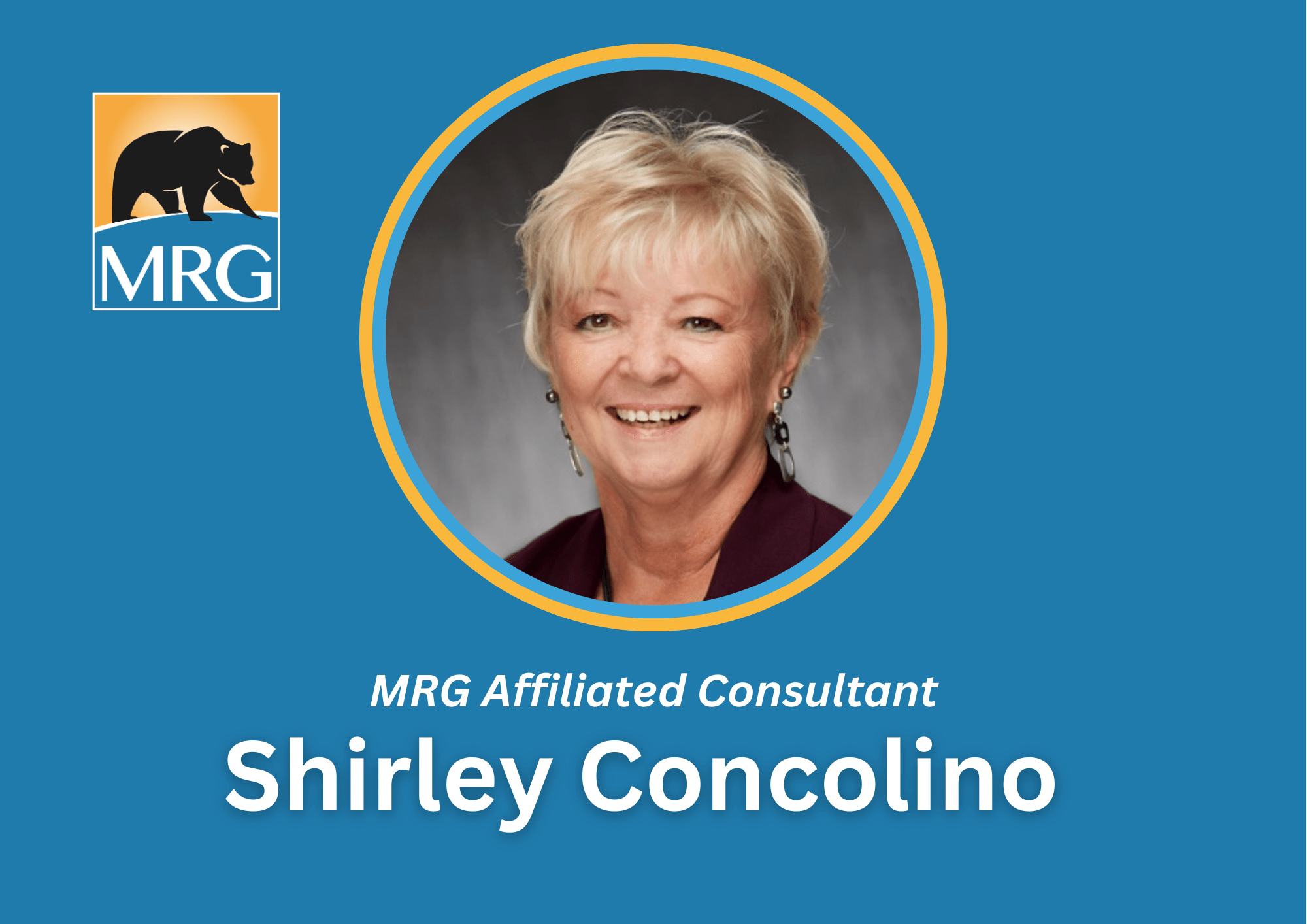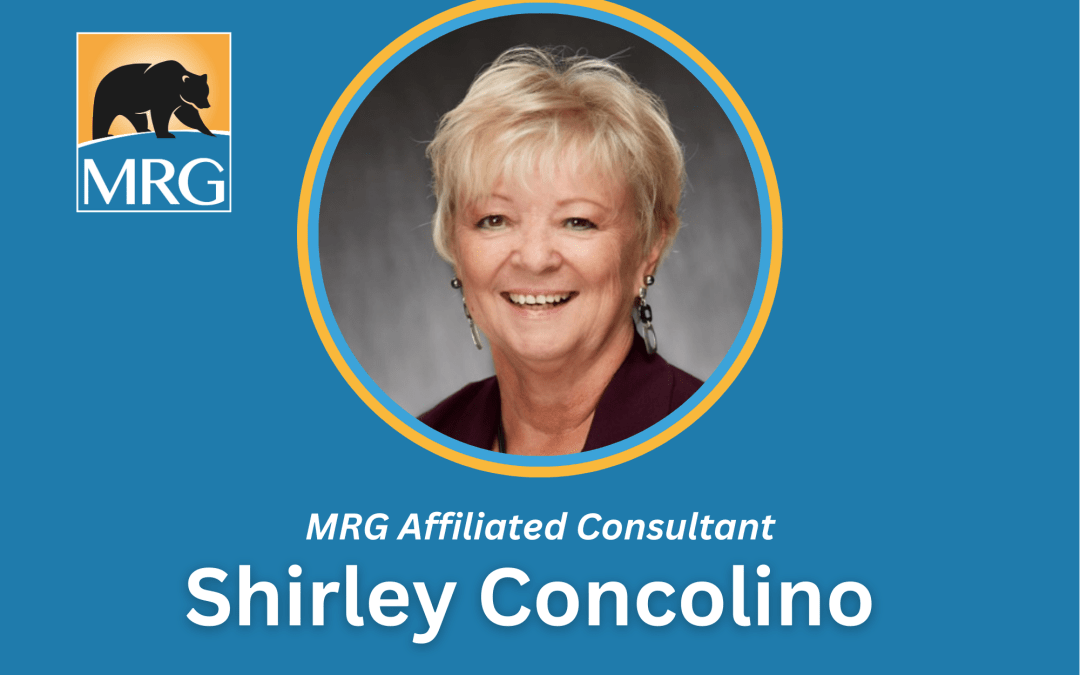In the last eight years working with MRG, I’ve performed organizational assessments at cities across California, often focused on City Clerks’ offices. Recently I’ve noticed an alarming trend of what I’ll call “policy deserts”: policies and procedures are often incomplete or missing. If they do exist, they’re outdated, employees don’t know about them, or they’re not being used consistently.
From my perspective, you cannot have an organization that runs efficiently and effectively without documented policies and procedures. If I am a new employee and I’m going to be held accountable, I need to have a roadmap of the WHAT and the HOW. Without it, how does anyone know what to do?
Organizations don’t always understand the importance of keeping policies up to date, and I admit it is a lot of work. But ad-hoc policies that aren’t connected to actual legislation or requirements open your agency and employees to risk.
Ad-hoc policies put agencies at risk
If you want a clear example of a policy, look at Public Records Act (PRA) requests. PRAs are governed by statute. There are rules about timelines, disclosure, litigation holds, and more. It is complex, and it demands a clear policy and procedure.
Yet in many agencies, I find a lack of process and policy around PRAs. When a new clerk or deputy comes in, there’s nothing to guide them or at best there might be a cheat sheet at the desk. Too often people make it up as they go, or just repeat what was before them, without considering best practices.
The correct approach is to start with the statutes and codes that govern the process, and use those codes to develop a policy from there. Once that larger policy is in place, you can create a desk-level standard operating procedure document or cheat sheet. Then keep those documents updated as new legislation is passed.
Overcoming paralysis around policies
So why is that? The main barrier I see is that people find the work of developing and maintaining policies overwhelming. It feels monumental. They feel too busy, or too short-staffed.
It’s kind of like filing. It’s the last thing on your priority list and it doesn’t get done half the time, or if it’s done it’s haphazard.
Of course, there is a lot of work on people’s desks. I get it – they’re drowning, there’s not enough staff. But there are strategies to implement clearer policies without adding significant burden. One of the best things about working in local government is the lack of intellectual property law – networking with your area agencies and Clerks will get you a solid foundation for a document you can update for your agency without much hassle.
Another best practice that is going to sound funny: the truth is that you really need a policy and a process for creating policies and procedures. I’ve seen success in agencies who’ve built a structured approach to tackling large projects. It breaks the monumental task into a series of manageable steps. That’s the first step to success. But once you’ve got started, you need someone to oversee the project and guide it to the finish line.
Get expert support to develop up-to-date policies
For something this critical, you need a dedicated person; someone who can be a cheerleader, a team leader, and problem-solving project manager. Without that, I have never seen a program succeed in a sustainable way, especially in larger cities.
That person must have the authority to work across departments and keep everything current. Most agencies aren’t set up to have that capacity internally. This is where it makes sense to contract with experts, like MRG. A consultant will have the flexibility to structure the work to the needs of the project. And they can keep the policy and procedure ball rolling while staff manages other projects.
Is it an additional expense? Yes, it is. But if you have the right person, who can build relationships and gain cooperation, it pays off so that the single investment will serve the agency for years to come. I spend as much time building relationships as I do writing policies, because without trust and collaboration you cannot make progress.
Policies and procedures are the foundation of effective and efficient organizational operations. They provide clear guidance on how tasks should be performed, promote consistency in decision-making, and ensure accountability across all levels of the agency. Well-established policies help reduce risk by ensuring compliance with laws and regulations, while procedures ensure that staff understand their roles and responsibilities.
Together, they create a structured environment where staff can work confidently, mistakes are minimized, and the agency can deliver reliable service to the public. Without them, an organization risks inefficiency, inconsistency, and legal exposure, ultimately undermining trust and effectiveness.

Shirley Concolino is an MRG affiliated consultant and expert in the field of public sector human resources. She brings a wealth of experience from decades of public service. She led the City Clerk’s office in Sacramento to the forefront statewide in terms of technology and service delivery. She has also been a past president of the City Clerk Association of California.
Shirley retired as City Clerk of the City of Sacramento, and has today devotes her time to providing strategic advising and coaching to public sector organizations and leaders across California.

